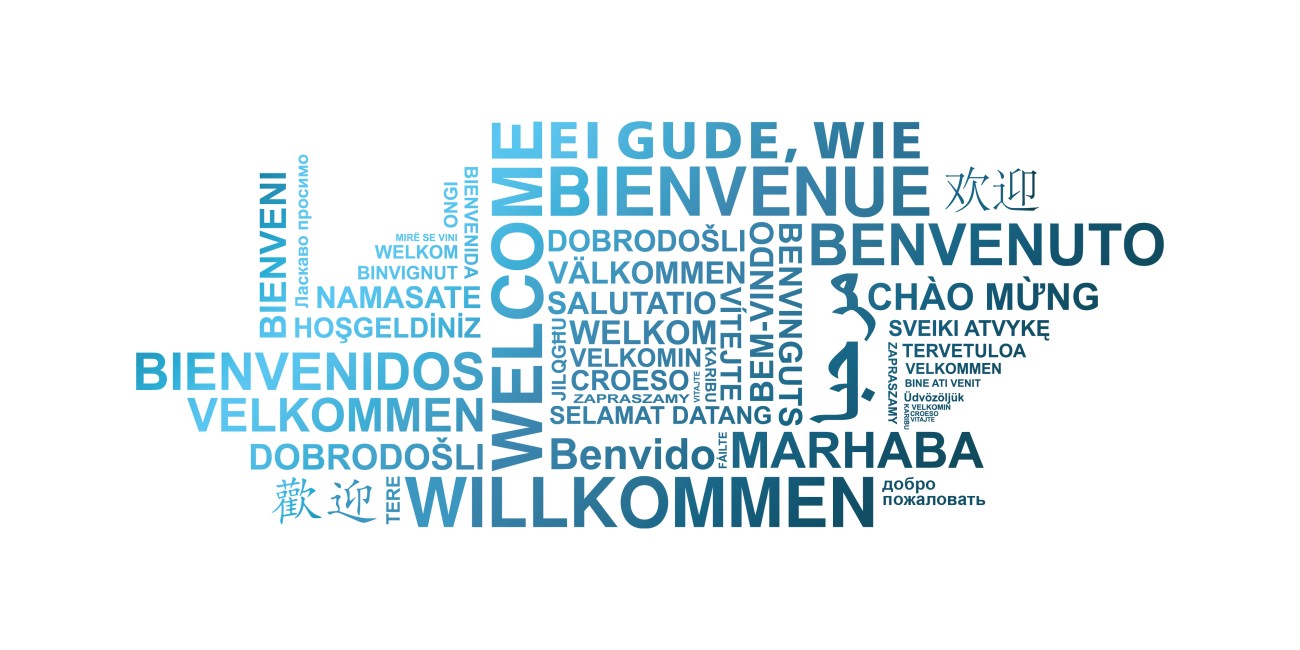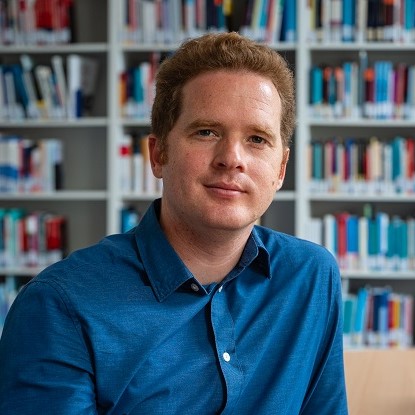More than 29,000 people from over 123 countries study, teach and work at TU Darmstadt. People with different linguistic and cultural backgrounds come together. We see this diversity as a precious resource that the European Technical University of Darmstadt wants to actively support and promote. The Languages Policy (opens in new tab) pursues this goal with its catalogue of action items .
With the Internationalisation Strategy 2020, the Executive Board of TU Darmstadt commissioned the introduction of functional multilingualism and the development of a languages policy. This Languages Policy was developed by a team of authors including experts from the Department of Linguistics – Multilingualism led by Prof. Dr. Hufeisen and adopted by the Executive Board on 14 July 2022. The Languages Policy is complemented by extensive academic research and publications, a catalogue of action items for policy implementation as well as lectures and events.
The Languages Policy and its supportive research can be found on the pages of the Department of Linguistics – Multilingualism.
What is the Languages Policy about?
The Languages Policy contains science-based explanations on how to deal with linguistic diversity at TU Darmstadt. It also provides a catalogue of action items with nearly 30 individual action items to further the multilingual communication skills of all of TU Darmstadt. The specific Languages Policy action items relate to various fields of action and target groups at the University. They are continuously expanded and adjusted.
The languages policy at TU Darmstadt supports all members of the university – in teaching, research, and the university administration – with using and enhancing their language skills to ensure successful multilingual communication. Functional use of languages in their specific contexts allows all involved, whether their backgrounds are regional, European, or international, to participate actively in the life of the university and feel that they are valued members of the university community.
(Languages Policy of TU Darmstadt, 2022, p. 3)
Functional multilingualism involves using the full range of linguistic resources available in a given situation or context. This approach goes beyond using German and English only. It is a voluntary offer to all members of TU Darmstadt to proactively use and enhance their own linguistic resources in studies, teaching, research, and administration.
Languages Policy Implementation team
Since the beginning of 2023, the Languages Policy Implementation team, coordinated by Robin Breit, has been responsible for implementing the action items that concern the Language Resource Centre. They have also been coordinating with other organisational units of TU Darmstadt. This involves specific action items and is a dynamic process.
We implement functional multilingualism by
- Making existing multilingualism at TU Darmstadt visible;
- Enhancing the language competencies of our members;
- Using first/second/heritageforeign languages, regional varieties, and specialist languages of all academic and scientific disciplines;
- Putting a comprehensive catalogue of action items into practice.
An overview of action items that have already been completed and other action items that we are currently implementing can be found here.
The Languages Policy is relevant to all members of the University. You can find ideas on how you can get involved here in a collection of inspiring ideas.
Would you like to learn more?
Would you like to learn more about functional pluri- and multilingualism and the Languages Policy? We would be happy to present the Languages Policy to your organisational unit or team and discuss with you the possibilities and perspectives for incorporating and fostering linguistic diversity.
Do you have questions or ideas about the Languages Policy?
We look forward to hearing from you at: mehrsprachigkeit@spz.tu-….
Sources
Bradlaw, Constanze; Hufeisen, Britta & Nölle-Becker, Stefanie (2022): Languages Policy and Policy Action at the European Technical University of Darmstadt: Putting Functional Multilingualism into Practice. Darmstadt: TU Darmstadt (on behalf of the Executive Board of TU Darmstadt).


